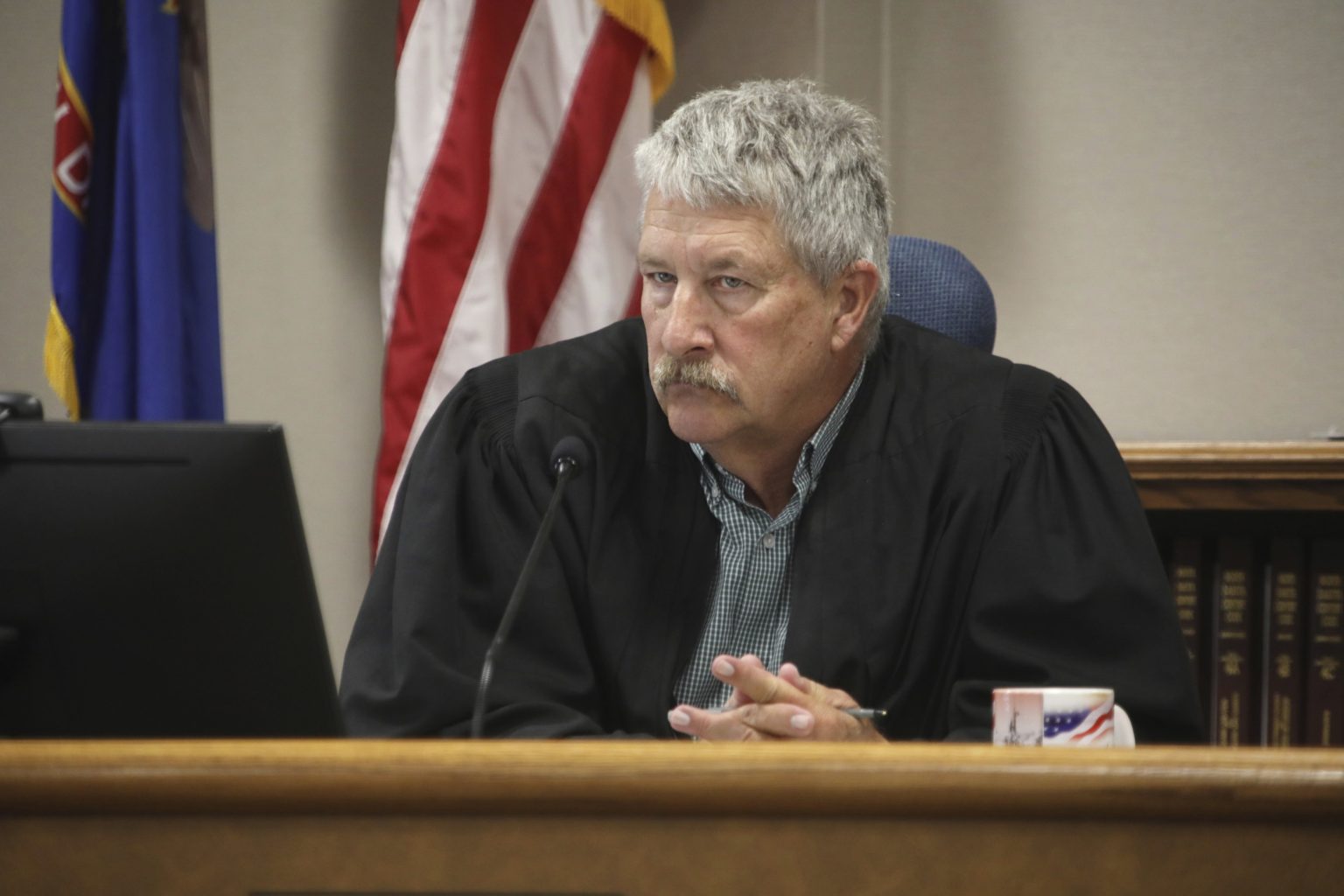North Dakota recently asked a state district judge to temporarily halt his ruling against the state’s abortion ban, which was put in place after the U.S. Supreme Court overturned Roe v. Wade in June 2022. The ban makes abortion a felony in most cases, only allowing the procedure to prevent a pregnant patient’s death or serious health risk. The ban also permits abortions up to six weeks in cases of rape or incest, which is before many individuals may even realize they are pregnant. The Red River Women’s Clinic and several doctors have challenged the ban, arguing it is unconstitutionally vague and the health exception is too narrow.
Judge Bruce Romanick, who was presiding over the case, initially canceled a scheduled trial after North Dakota requested the lawsuit be thrown out. However, Romanick later found the abortion ban to be unconstitutional, stating that pregnant patients in North Dakota have a fundamental right to abortion before the fetus is viable under the state constitution. Romanick has yet to issue a final judgment, and the state has now requested a stay in the case pending an appeal to the state Supreme Court. Center for Reproductive Rights Senior Counsel Marc Hearron has stated that the plaintiffs will oppose any stay, emphasizing that the ruling is essential for providing necessary health care.
The state’s decision to appeal the ruling and request a stay has sparked backlash from critics, who argue that the ruling allows physicians to provide essential health care and should not be delayed. Republican state Senator Janne Myrdal, who introduced the abortion ban, expressed confidence that the state Supreme Court will overturn Romanick’s decision. She criticized the judge’s ruling as being based on personal opinions rather than legal precedent. The legal debate surrounding abortion rights in North Dakota reflects the broader national conversation following the Supreme Court’s decision to overturn Roe v. Wade and leave the issue to the states to decide.
The ongoing legal battle over North Dakota’s abortion ban highlights the complexities and challenges of addressing reproductive rights at the state level in the wake of federal changes. The state’s efforts to defend the ban and appeal the ruling illustrate the divisive nature of the issue and the importance of legal precedents in shaping policy. The contrasting perspectives of those involved in the case reflect the deep-rooted beliefs and values that underpin the abortion debate in the United States. Ultimately, the outcome of this case will have significant implications for reproductive rights in North Dakota and potentially set a precedent for similar challenges in other states. It remains to be seen how the state Supreme Court will rule on the appeal and whether the abortion ban will ultimately be upheld or overturned.


